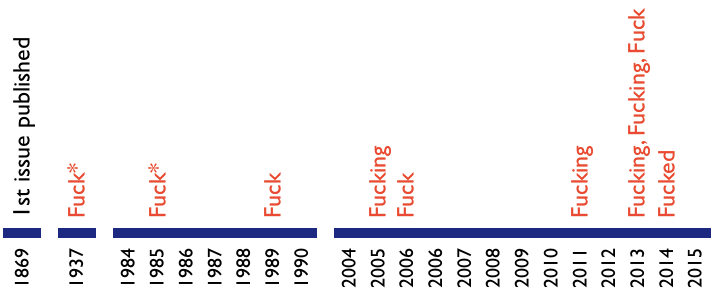Advocate
From Coby Lubliner:
A few years ago, when I heard someone introduced on the radio as a "domestic-violence advocate," I assumed that it was a slip-up associated with the informality of radio, and what was meant was something like an advocate for victims of domestic violence, which was what they turned out to be.
But this morning, in an article by the esteemed (and very literate) literary critic Laura Miller ("'50 Shades': Not actually the end of civilization as we know it, guys", Slate 2/12/2015), I read the following:
In the U.K., an advocate of domestic violence argued that the books are a veritable “instruction manual for an abusive individual to sexually torture a vulnerable young woman.”
I have not seen any dictionary entry showing "advocate of" meaning the opposite of what seems to mean. Are you familiar with this usage?
Read the rest of this entry »




